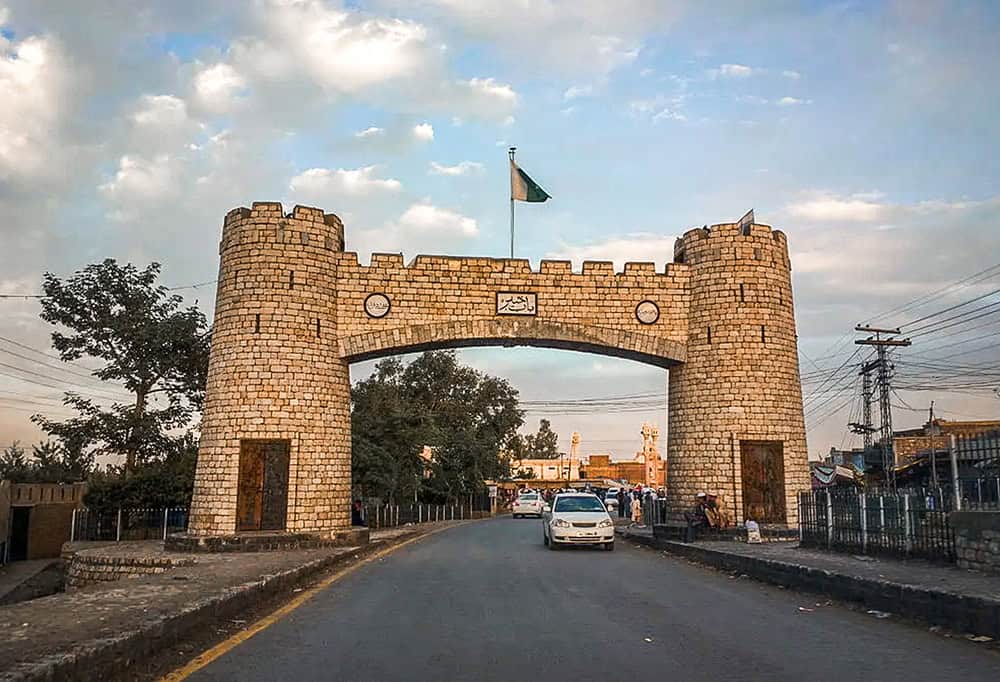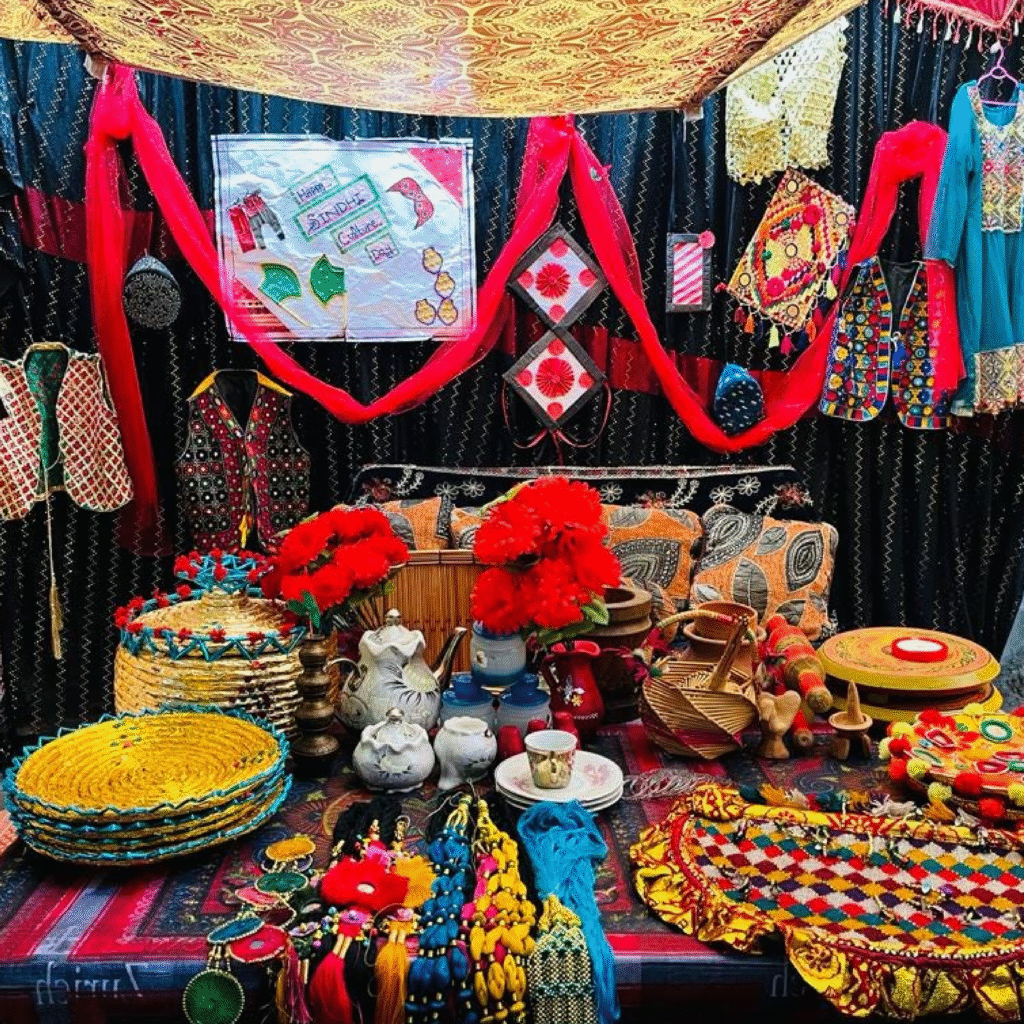Peshawar
The Ancient Gateway of Pakistan
Introduction – Peshawar: The City of Flowers
Peshawar, the capital of Khyber Pakhtunkhwa (KPK) province, is among the oldest living cities in South Asia. Known as the “City of Flowers”, it is a blend of ancient traditions, Islamic culture, and modern life.
Located near the historic Khyber Pass, Peshawar has served for centuries as the gateway between Central Asia and South Asia. From traders of the Silk Road to modern-day business travelers, the city continues to hold strategic, cultural, and economic importance.
History of Peshawar – A City of Civilizations
Peshawar’s history dates back over 2,000 years. It has witnessed the rule of Kushan, Greek, Mauryan, Mughal, and Durrani empires.
-
Ancient Gandhara Civilization: Peshawar was once the heart of Buddhist learning. The famous Kanishka Stupa was one of the tallest structures in the ancient world.
-
Islamic Influence: With the arrival of Muslims, Peshawar became a center of Islamic learning, trade, and governance.
-
Mughal & Afghan Era: The city flourished as a hub of art, architecture, and craftsmanship.
-
British Rule: Peshawar gained importance as a frontier city during colonial times.
Today, Peshawar stands as a living museum of history, where old bazaars and modern markets co-exist.


Peshawar – The Cultural Capital of KPK
Peshawar is considered the cultural heart of KPK. Its people are famous for their hospitality, bravery, and traditions.
- Language: Pashto is the dominant language, while Urdu and English are widely spoken.
- Dress: Traditional Shalwar Kameez with Peshawari Chappal is a symbol of the city’s identity.
- Music & Poetry: Pashto music and the poetry of Khushal Khan Khattak and Rehman Baba represent Peshawar’s cultural soul.
Peshawar Landmarks and Attractions
1. Qissa Khwani Bazaar (Market of Storytellers)
Once famous for storytellers from around the world, today it is a bustling market for spices, dry fruits, and handicrafts.
2. Bala Hisar Fort
Built by the Mughals and renovated by the Sikhs, it serves as a symbol of Peshawar’s strategic importance.
3. Mahabat Khan Mosque
A beautiful 17th-century Mughal mosque known for its white marble, domes, and floral designs.
4. Peshawar Museum
Houses one of the largest collections of Gandhara art and Buddhist relics.
5. Sethi House
A masterpiece of traditional Haveli architecture in the old city.
Peshawar’s Food – A Paradise for Food Lovers
Peshawar is famous for its mouthwatering Pashtun cuisine.
Must-Try Dishes:
- Charsi Tikka (Namak Mandi): Legendary BBQ with simple salt seasoning.
- Kabuli Pulao: Rice dish cooked with meat, carrots, and raisins.
- Chapli Kebab: A crispy and juicy minced meat patty.
- Peshawari Karahi: Cooked in tomatoes and traditional spices.
- Dry Fruits & Green Tea (Qehwa): A specialty of Peshawar winters.
Famous Food Spots:
- Namak Mandi Food Street
- Khyber Bazaar eateries
- Traditional dhabas serving tea and kebabs

Peshawar – Gateway to the Khyber Pass
Peshawar is located near the Khyber Pass, a historic trade route connecting Pakistan and Afghanistan.
- Historically used by Silk Road traders, warriors, and travelers.
- Today, it remains a strategic trade route for Pakistan’s economy.
- Tourists visit to experience its rugged mountains and historic forts.
Lifestyle in Peshawar
Life in Peshawar is a blend of tradition and modernity.
- Shopping: Qissa Khwani Bazaar, Saddar Market, and modern malls like Hyperstar.
- Education: The city is home to University of Peshawar, Islamia College, Khyber Medical College.
- Sports: Peshawar Zalmi (PSL team) represents the city’s cricket passion.
- Arts & Handicrafts: Carpets, embroidery, pottery, and gemstone jewelry.
